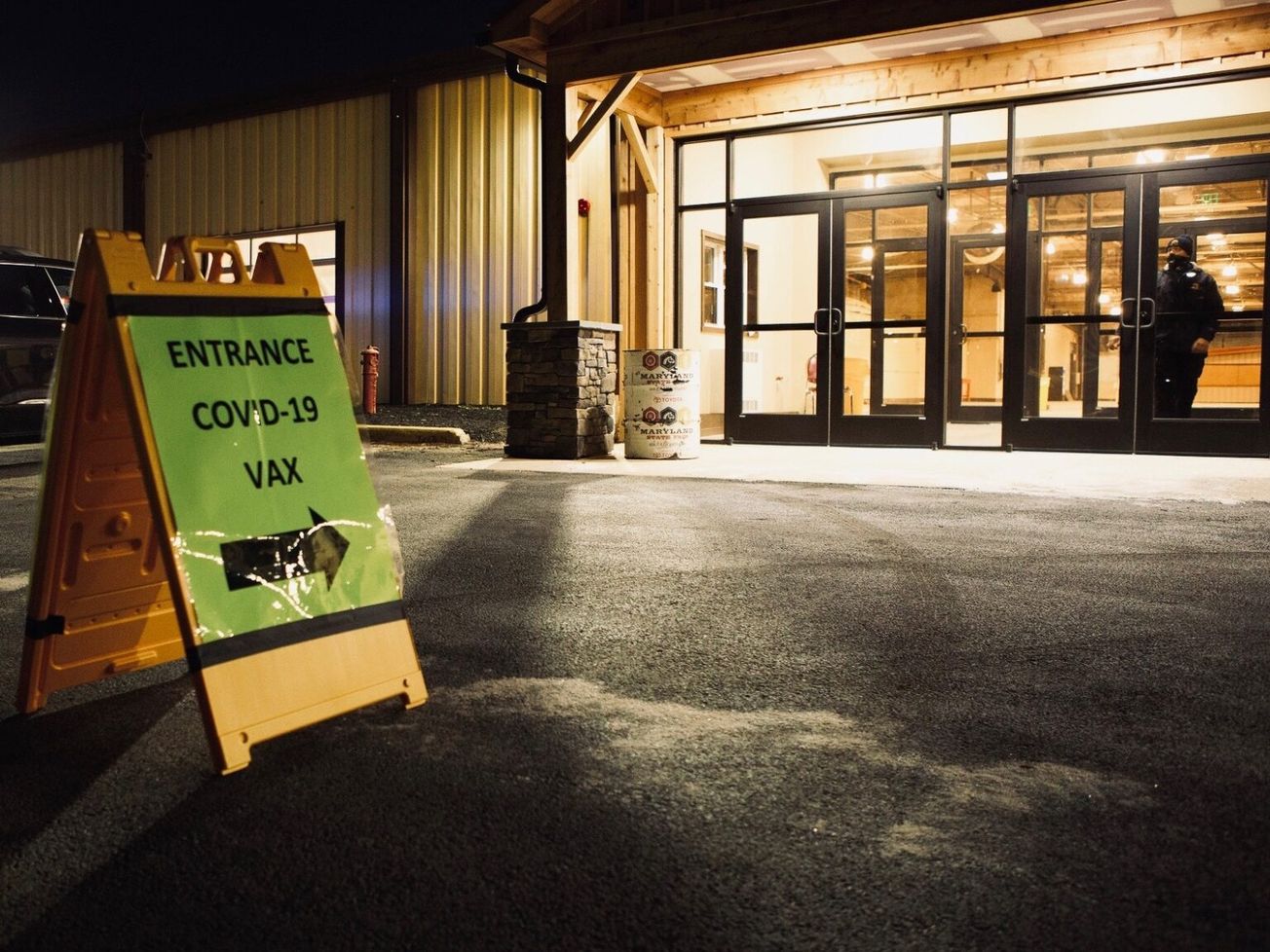World Health Organization senior officials ended the year on a somber and cautionary note with a warning on Monday that a future pandemic more severe than the coronavirus may hit one day if the world is not ready.
Dr. Mike Ryan, the WHO’s emergencies chief, said the COVID-19 pandemic may not turn out to be "the big one" if another virus comes along and the global health community has not done more to prepare for it.







